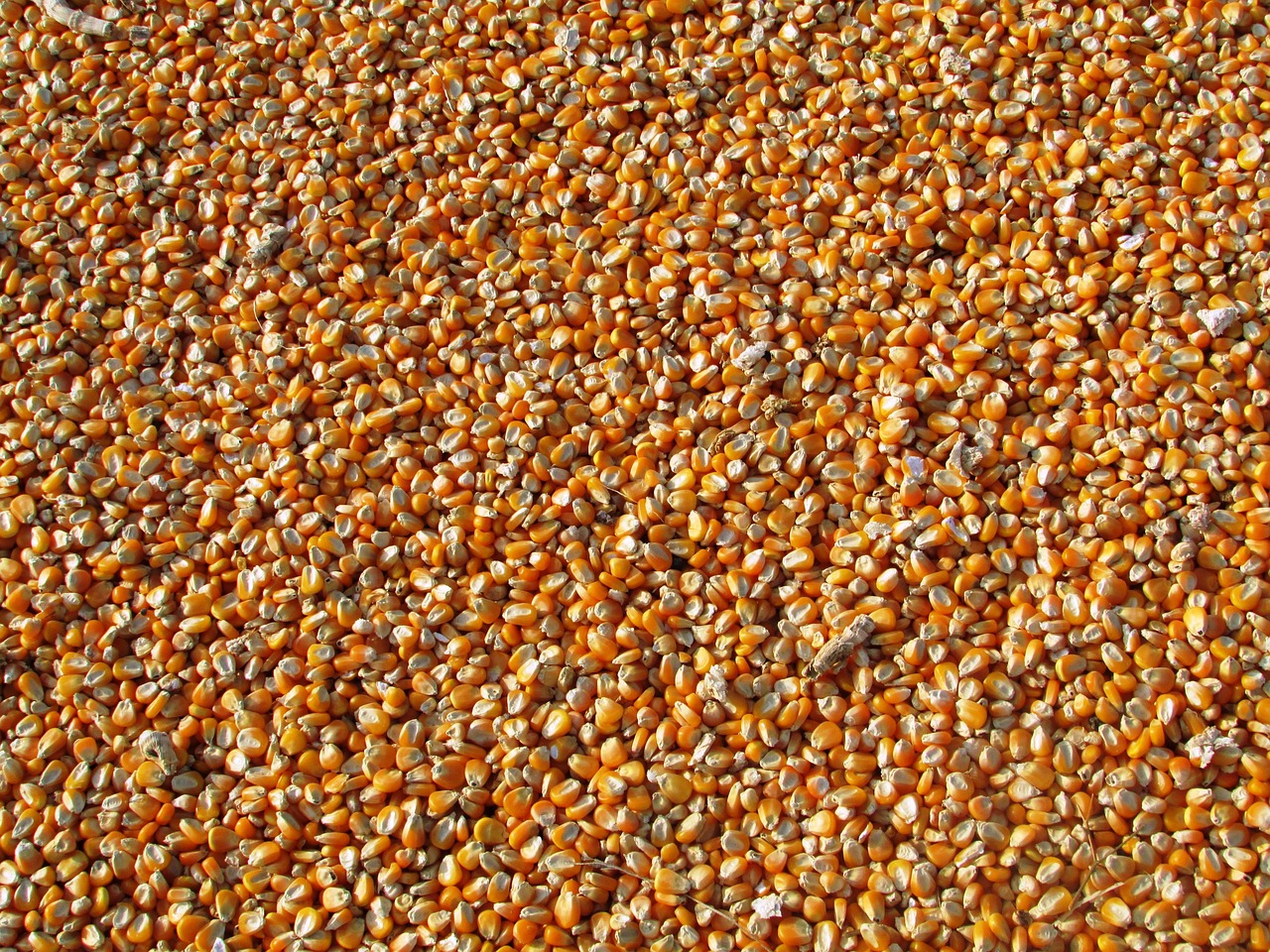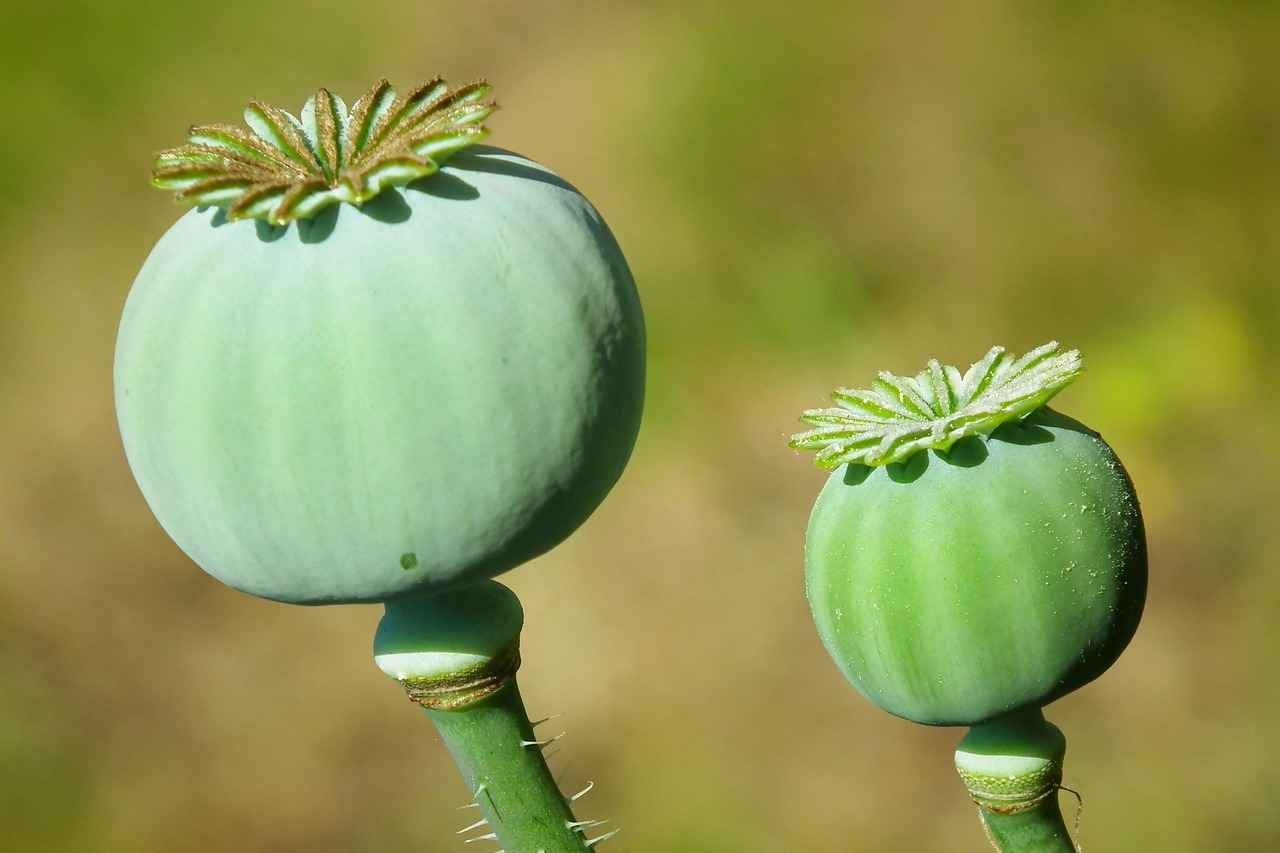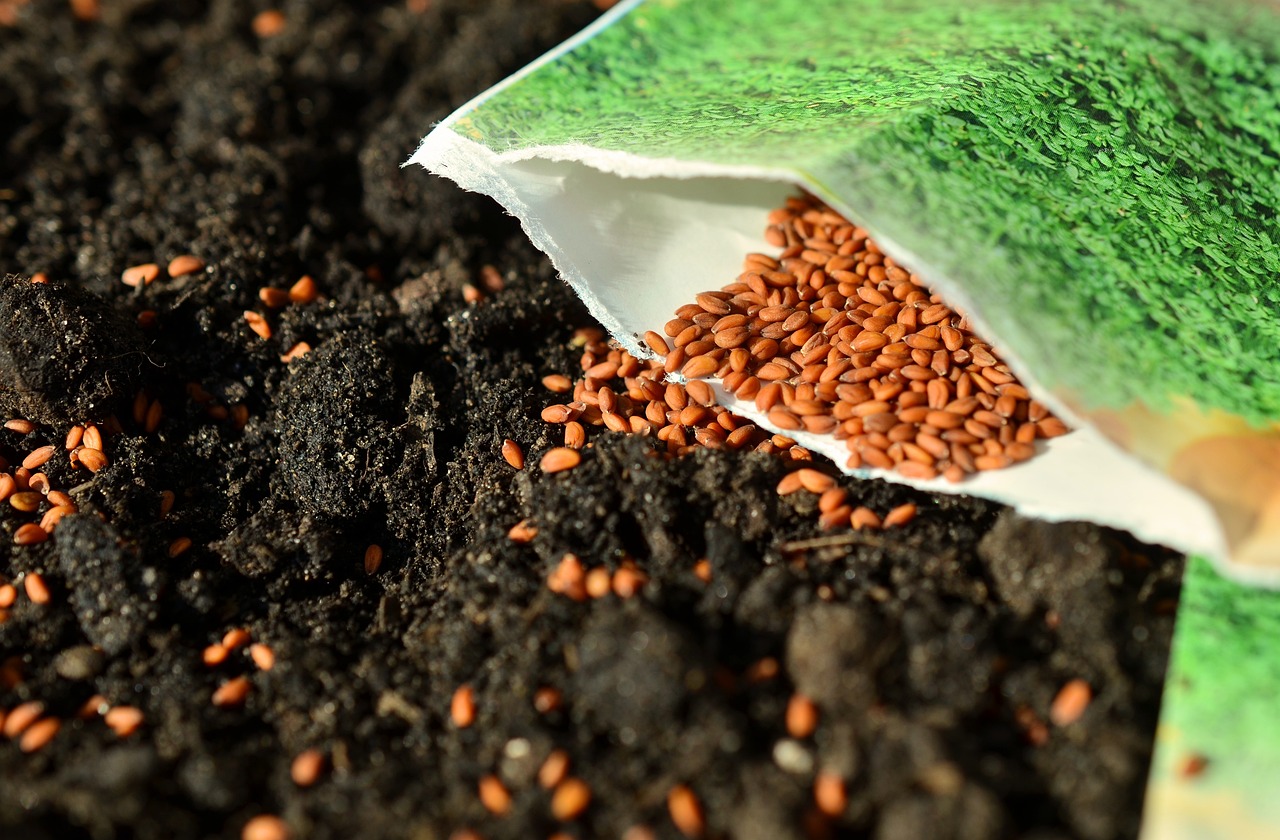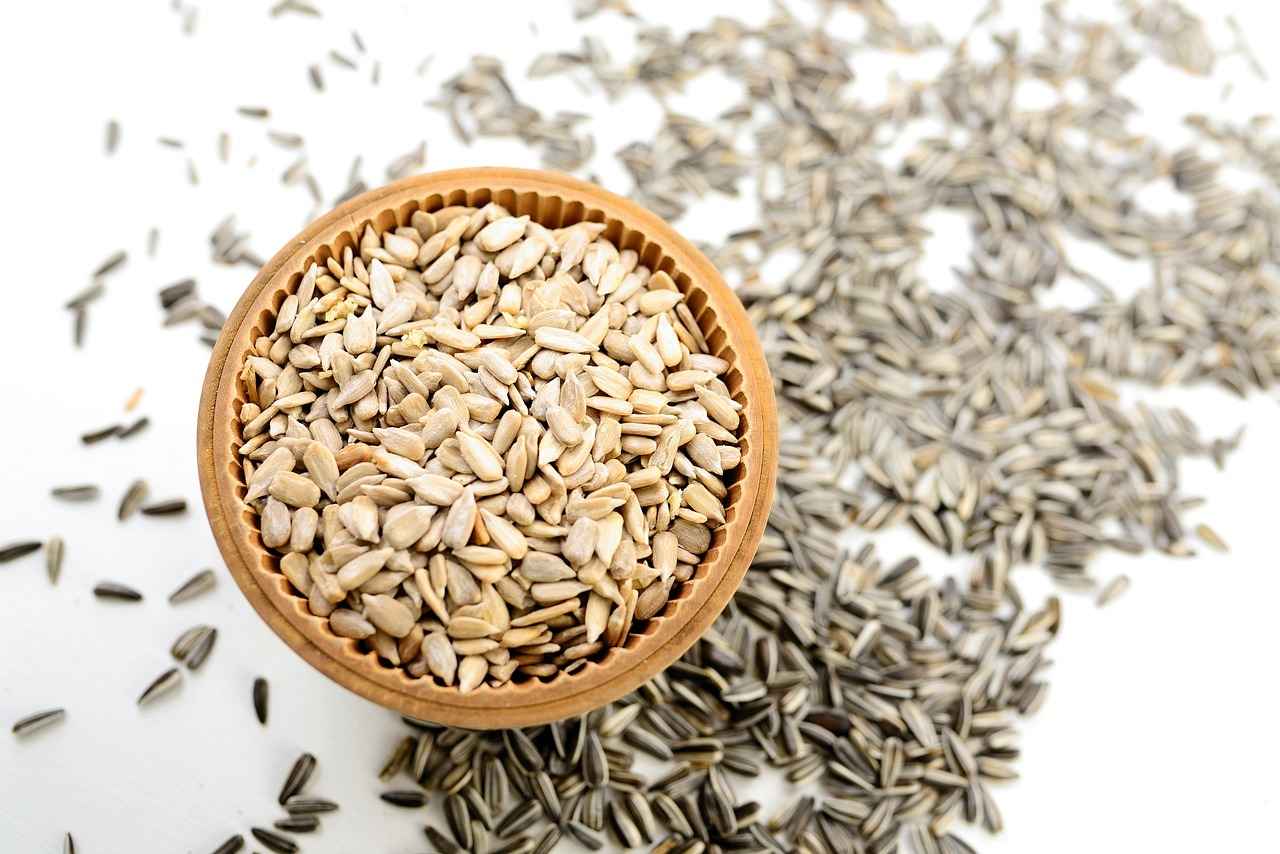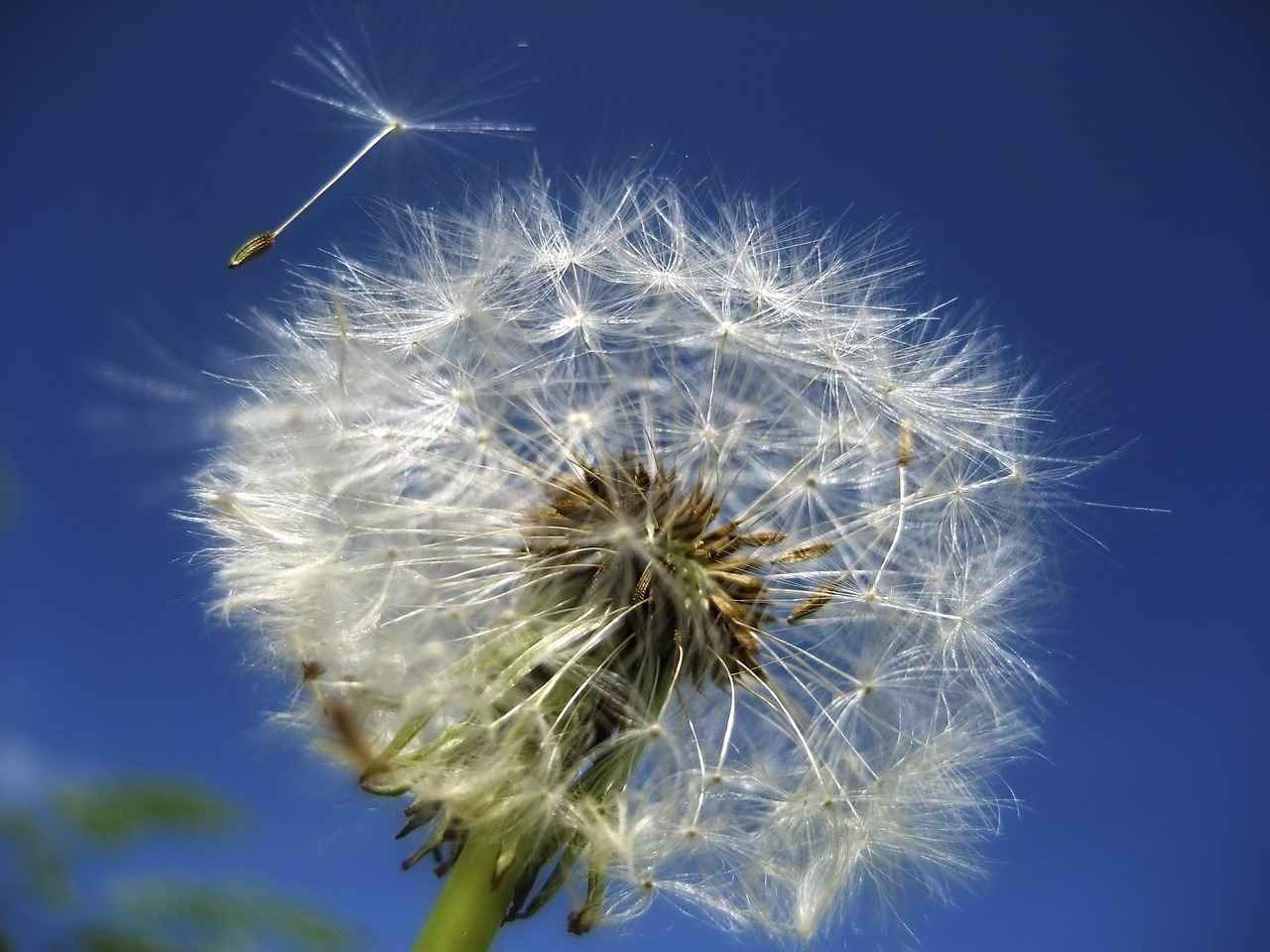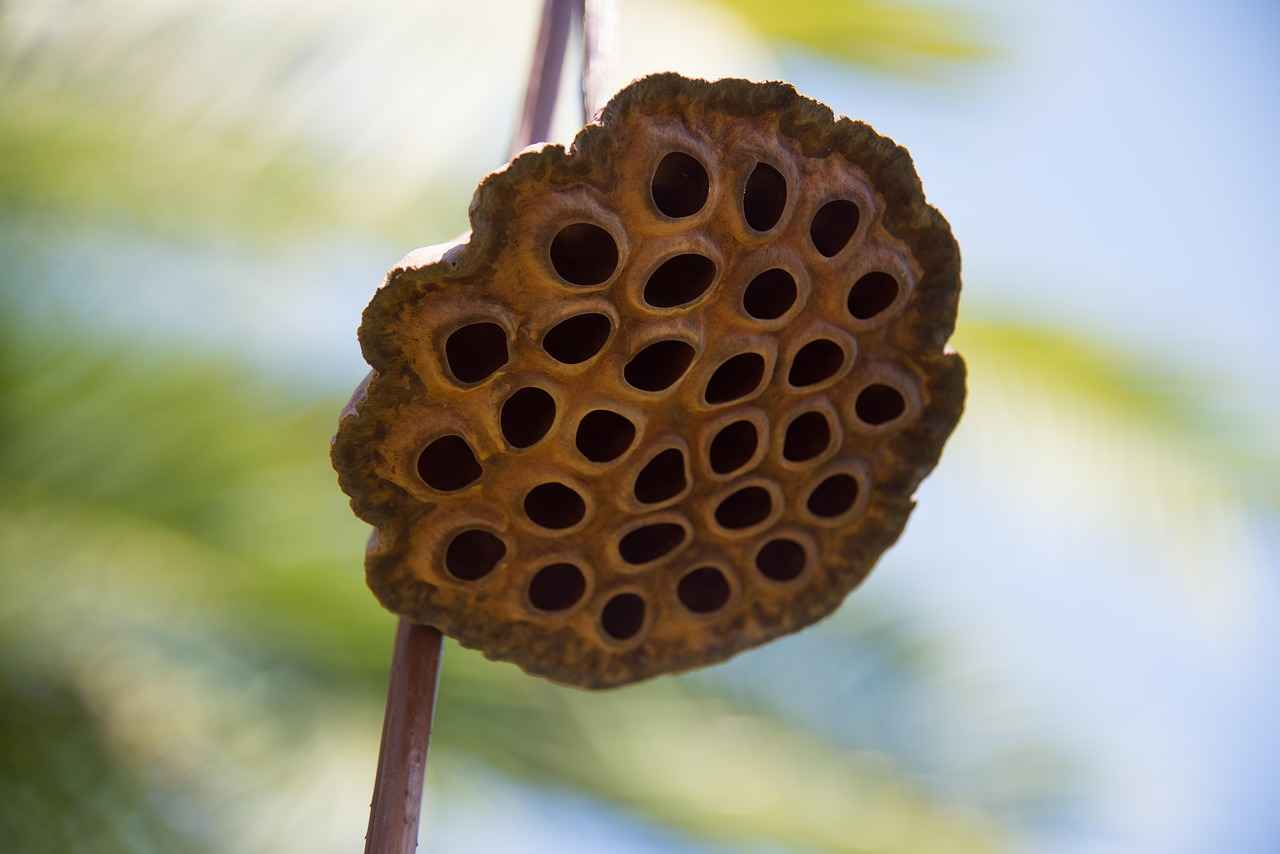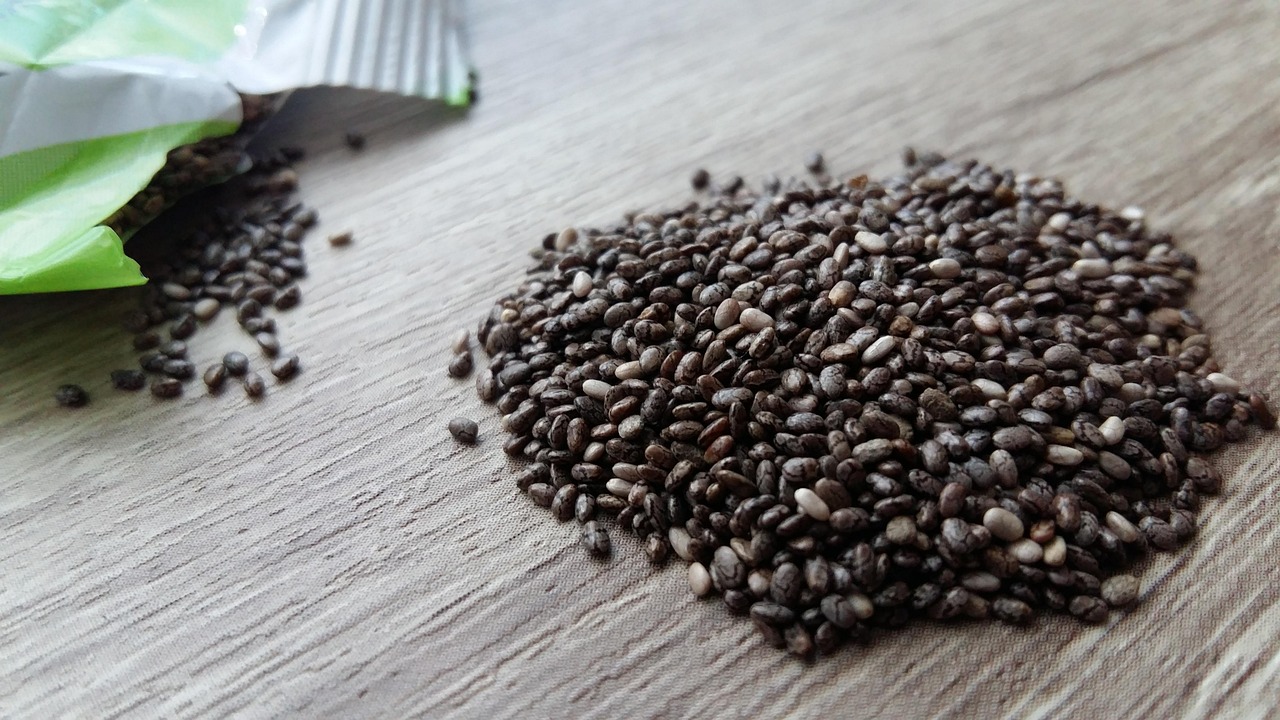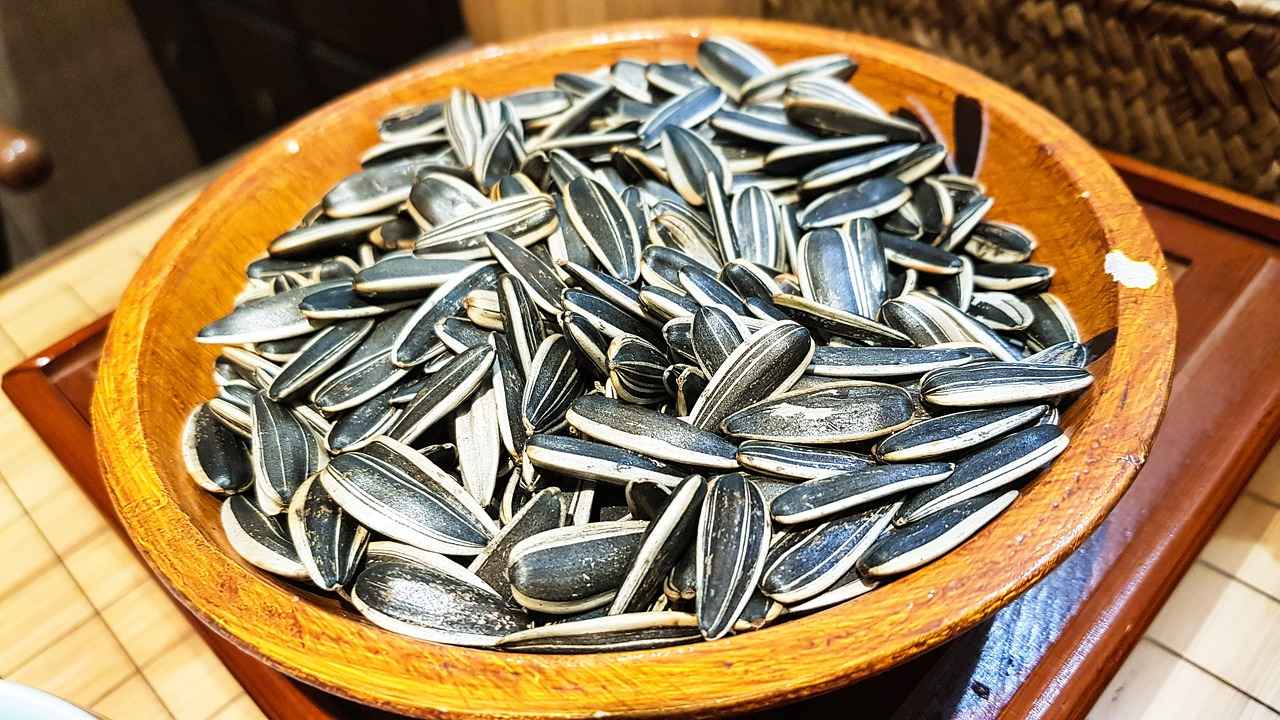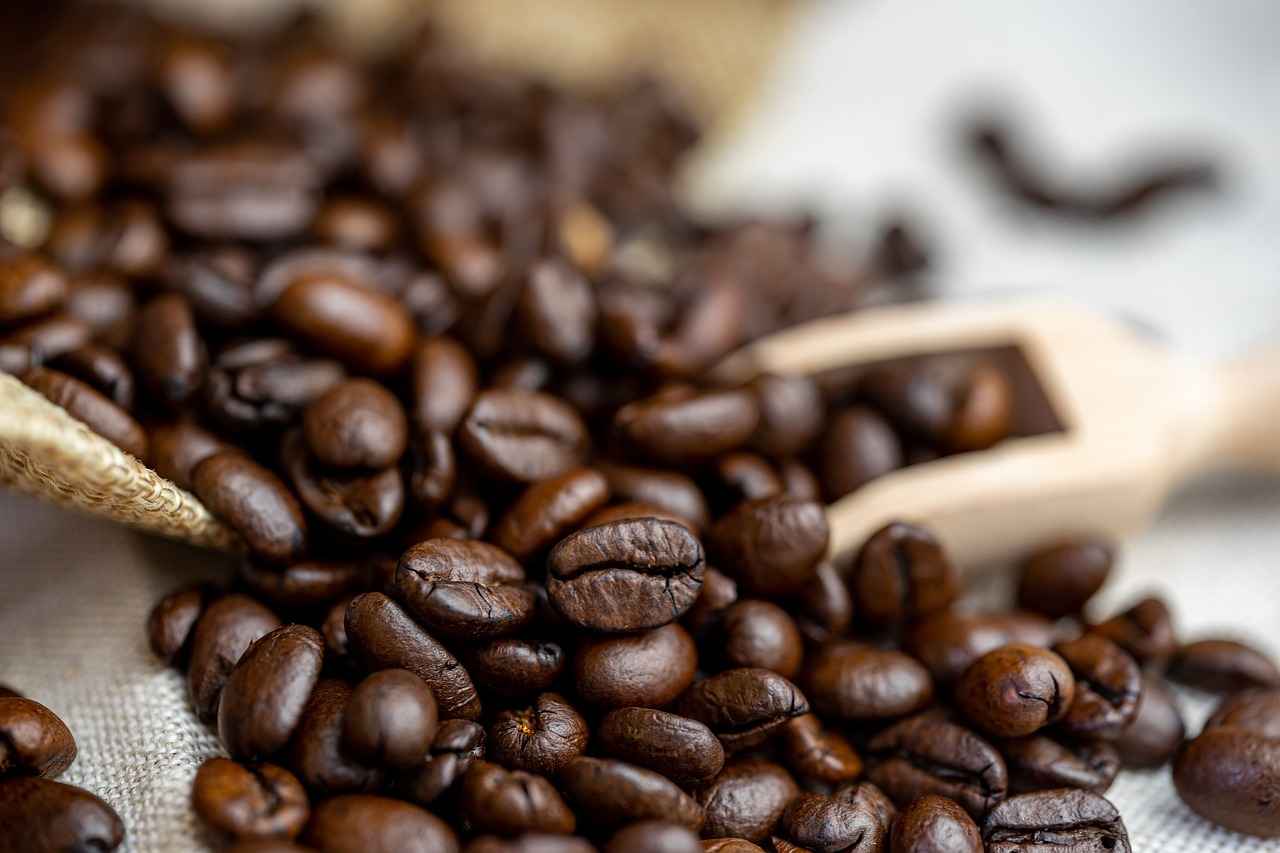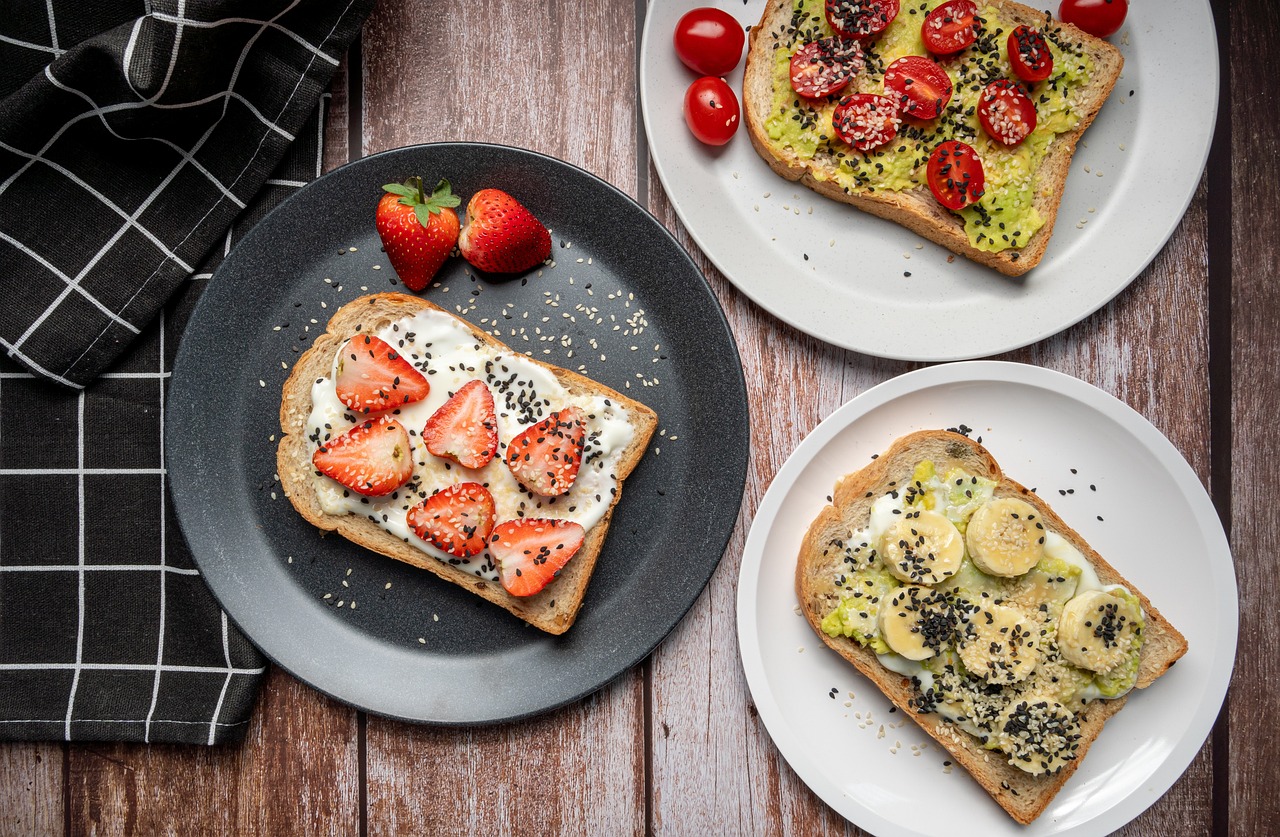This article explores various avenues for purchasing chia seeds, covering both online and in-store options, along with tips for selecting quality products.
Why Choose Chia Seeds?
Chia seeds are known for their rich nutritional profile, offering a plethora of health benefits. They are an excellent source of omega-3 fatty acids, fiber, and protein, making them a valuable addition to a balanced diet. Incorporating chia seeds can help improve digestion, support heart health, and enhance energy levels.
Online Retailers for Chia Seeds
Shopping online provides unparalleled convenience and access to a diverse range of chia seed products. Below are some popular online retailers:
- Amazon: A comprehensive marketplace where you can find various brands and sizes of chia seeds, often at competitive prices.
- Health Food Websites: Specialty sites like Thrive Market and Vitacost offer organic and bulk chia seeds tailored for health-conscious consumers.
- eBay: A platform that can provide unique options, including bulk purchases and rare brands.
Local Grocery Stores for Chia Seeds
For those who prefer in-person shopping, many local grocery stores now stock chia seeds. Here’s where to look:
- Chain Supermarkets: Major supermarkets typically have a health food aisle where chia seeds are readily available.
- Health Food Stores: These stores usually offer a wider selection, including organic varieties, and knowledgeable staff who can assist in product selection.
Buying Chia Seeds in Bulk
Purchasing chia seeds in bulk can be a cost-effective option for regular users. Here are some avenues to consider:
- Warehouse Clubs: Membership-based stores like Costco and Sam’s Club often sell bulk chia seeds at discounted rates.
- Local Co-ops and Farmers’ Markets: These venues may offer bulk chia seeds sourced from local suppliers, supporting community businesses.
What to Look For When Buying Chia Seeds?
When selecting chia seeds, understanding quality indicators is crucial. Here are key factors to consider:
- Organic vs. Non-Organic: Organic chia seeds are generally free from pesticides and additives, making them a healthier choice.
- Packaging and Freshness: Look for well-sealed packaging with clear expiration dates to ensure optimal freshness and quality.
How to Store Chia Seeds After Purchase?
Proper storage is essential for extending the shelf life of chia seeds. Here are effective methods:
- Optimal Storage Conditions: Store chia seeds in a cool, dry place away from sunlight. Airtight containers are recommended to keep moisture out.
- Refrigeration Benefits: Refrigerating chia seeds can further prolong their freshness, especially if purchased in bulk.
How to Incorporate Chia Seeds into Your Diet?
Integrating chia seeds into your meals can enhance your diet significantly. Here are some simple and delicious ways to use them:
- Chia Seed Puddings: A popular breakfast option, chia seed puddings are easy to prepare and can be flavored with fruits and spices.
- Adding to Smoothies and Baked Goods: Chia seeds can be blended into smoothies or added to baked goods, providing an extra nutritional boost.
With these insights, you are now equipped to make informed decisions when purchasing chia seeds, whether online or in-store. Enjoy incorporating this superfood into your daily routine!
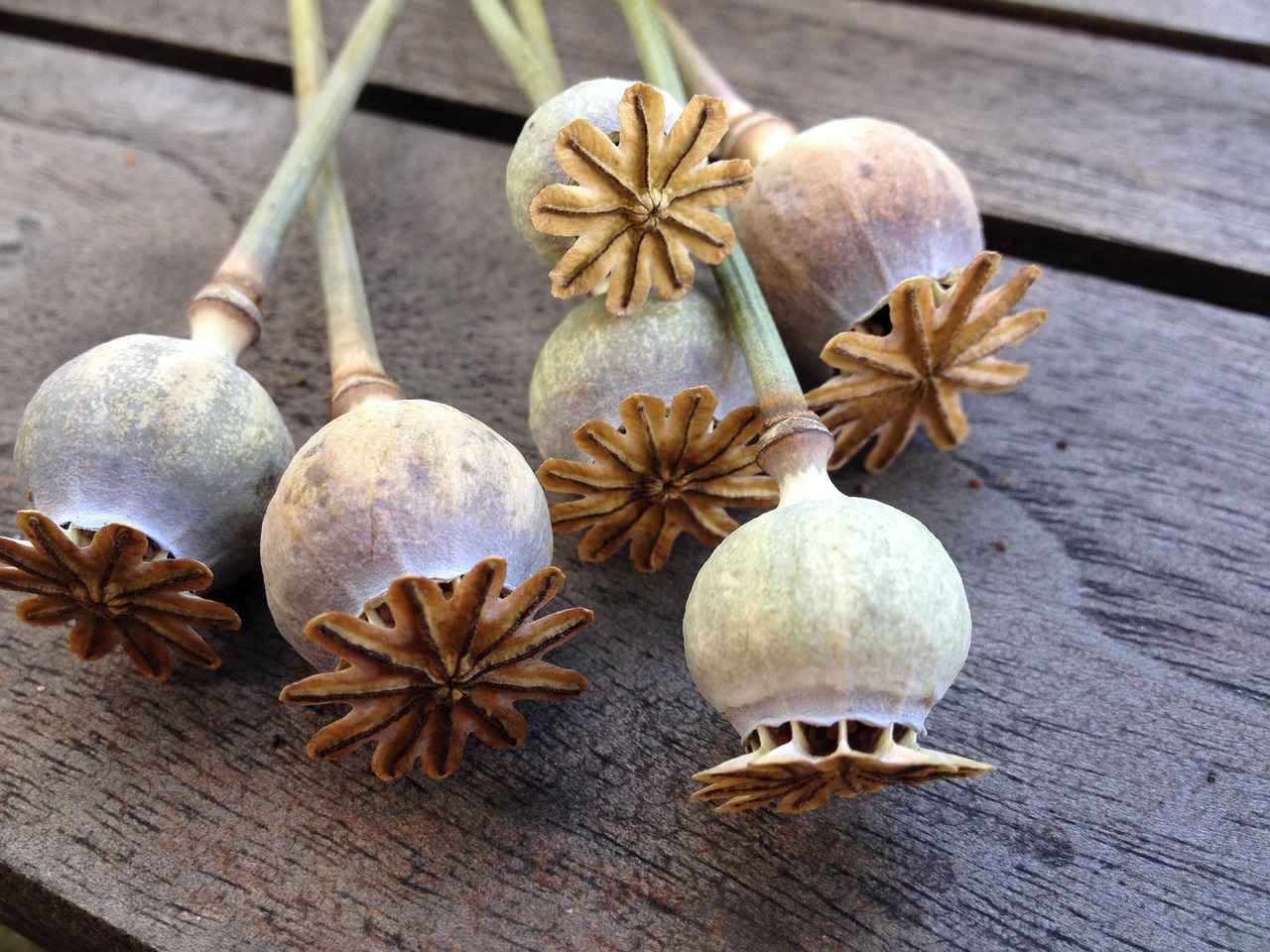
Why Choose Chia Seeds?
Chia seeds have gained immense popularity in recent years, and for good reason. These tiny seeds are not only versatile in the kitchen but are also packed with nutrients and offer numerous health benefits. Understanding their advantages can significantly influence your purchasing decisions and highlight their role in a balanced diet.
One of the primary reasons to choose chia seeds is their nutritional profile. Rich in omega-3 fatty acids, fiber, and protein, chia seeds are an excellent addition to any diet. Just two tablespoons of chia seeds contain approximately:
- 5 grams of protein
- 11 grams of fiber
- 18% of the recommended daily intake of calcium
- 27% of the recommended daily intake of magnesium
This impressive combination of nutrients contributes to various health benefits, including improved digestion, enhanced heart health, and better weight management. The high fiber content in chia seeds can help you feel fuller for longer, making them a great ally in weight loss efforts.
Moreover, chia seeds are a source of antioxidants, which help combat oxidative stress in the body. This can lead to a reduced risk of chronic diseases, including heart disease and diabetes. The presence of antioxidants also contributes to healthier skin, making chia seeds a popular choice among health enthusiasts.
Another significant advantage of chia seeds is their versatility. They can be easily incorporated into various dishes, from smoothies and salads to baked goods and puddings. Their ability to absorb liquid and form a gel-like consistency makes them an excellent thickening agent, allowing you to create healthy desserts and snacks.
When considering whether to include chia seeds in your diet, it’s essential to recognize their value as a plant-based protein source. For those following vegetarian or vegan diets, chia seeds offer a complete protein, containing all nine essential amino acids. This makes them an ideal option for individuals looking to enhance their protein intake without relying on animal products.
Furthermore, chia seeds are gluten-free, making them suitable for individuals with gluten sensitivities or celiac disease. Their adaptability to various dietary needs makes them a popular choice among health-conscious consumers.
In summary, the reasons to choose chia seeds are abundant. Their impressive nutritional profile, numerous health benefits, and versatility in the kitchen make them a valuable addition to any diet. Whether you’re looking to improve your overall health, manage your weight, or simply add some variety to your meals, chia seeds are a fantastic option to consider.
By understanding the advantages of chia seeds, you can make informed decisions when purchasing them, ensuring that you select high-quality products that will contribute positively to your health.
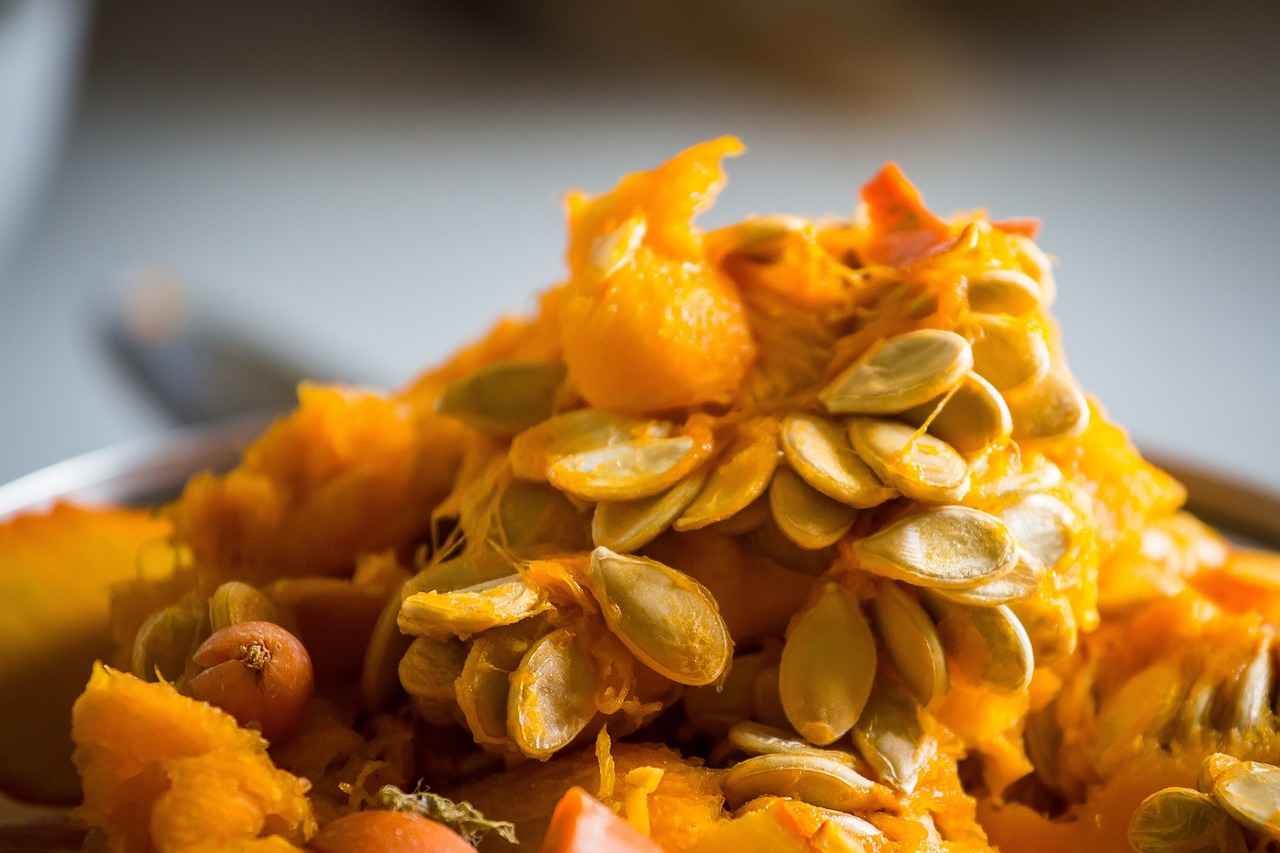
Online Retailers for Chia Seeds
In today’s fast-paced world, shopping online has become a preferred method for many consumers. This is particularly true for health-conscious individuals looking to purchase chia seeds, a superfood known for its numerous health benefits. The convenience of online shopping, combined with a plethora of options, makes it an attractive choice. Below, we explore some of the most popular online retailers where you can find chia seeds at competitive prices.
Shopping for chia seeds online not only saves time but also allows you to compare prices and read reviews from other customers. This can help you make an informed decision about which product to buy. Additionally, many online retailers offer exclusive discounts, making it easier to find affordable options.
Amazon is arguably the largest online marketplace, offering an extensive selection of chia seeds. With options ranging from organic to flavored varieties, you can easily find what you need. The platform also features customer reviews, which can assist you in selecting high-quality products. Don’t forget to check for Prime eligibility to enjoy quick shipping.
Several websites specialize in health foods and supplements, making them excellent places to find chia seeds. Websites like Thrive Market and iHerb often provide organic options and bulk purchasing discounts. These platforms cater to health-conscious consumers and frequently offer loyalty programs for regular buyers.
Many local grocery stores now offer online shopping options, allowing you to purchase chia seeds without having to visit the store. Stores like Walmart and Kroger often have health food sections that include chia seeds. By shopping online, you can check inventory levels and even schedule a pickup time.
If you’re a frequent user of chia seeds, consider purchasing in bulk. Websites like Bulk Foods and Costco offer large quantities at reduced prices. This not only saves money but also ensures you have a steady supply on hand. Bulk buying is particularly beneficial for families or individuals who incorporate chia seeds regularly into their diet.
When purchasing chia seeds online, it’s important to consider several factors to ensure you’re getting a quality product:
- Check for Certifications: Look for organic certifications and third-party testing to ensure product purity.
- Read Customer Reviews: Feedback from other buyers can provide insight into the quality and taste of the seeds.
- Examine Packaging: High-quality chia seeds should be packaged in airtight containers to maintain freshness.
While shopping online is convenient, there are some risks to be aware of:
- Quality Variability: Not all sellers maintain the same standards, so it’s crucial to research brands.
- Shipping Issues: Delays or improper handling during shipping can affect product quality.
- Return Policies: Always check return policies in case the product does not meet your expectations.
In summary, purchasing chia seeds online offers a convenient and often cost-effective way to access this nutrient-dense superfood. By exploring various online retailers and keeping quality considerations in mind, you can easily incorporate chia seeds into your diet.
Amazon: A One-Stop Shop
When it comes to purchasing chia seeds, few platforms offer the same extensive selection and convenience as Amazon. As one of the largest online retailers, Amazon provides a comprehensive array of chia seed options, catering to various preferences and dietary needs.
Amazon stands out due to its vast inventory, which includes numerous brands and packaging sizes. Whether you are looking for small bags for personal use or bulk options for family consumption, Amazon has you covered. This extensive selection ensures that you can find exactly what you need without having to visit multiple stores.
On Amazon, you can explore a variety of brands, from well-known names to niche producers. This diversity allows consumers to compare prices and read reviews, ensuring they make an informed decision. Some popular brands available on Amazon include:
- Nutiva – Known for its organic products.
- Terrasoul Superfoods – Offers high-quality bulk chia seeds.
- Healthworks – Provides options for those seeking non-GMO seeds.
Shopping for chia seeds on Amazon is incredibly convenient. You can browse through various options from the comfort of your home, read customer reviews, and even compare prices with just a few clicks. Additionally, Amazon Prime members enjoy benefits such as free shipping and faster delivery times, making it easier to stock up on your favorite seeds.
One of the significant advantages of purchasing chia seeds from Amazon is the ability to read customer reviews. These reviews provide valuable insights into the quality and taste of the seeds, helping you make a more informed choice. Look for products with high ratings and positive feedback regarding freshness and flavor.
Amazon frequently offers special promotions and discounts on chia seeds, allowing you to save money on your purchases. Keep an eye out for lightning deals or subscribe to product notifications to catch the best prices.
If you find yourself using chia seeds regularly, consider Amazon’s Subscribe & Save option. This feature allows you to schedule regular deliveries of your favorite chia seeds at a discounted price, ensuring you never run out.
In summary, Amazon serves as an excellent one-stop shop for purchasing chia seeds, offering a wide range of brands, convenient shopping options, and the assurance of quality through customer reviews. Whether you are new to chia seeds or a seasoned user, Amazon is a reliable platform to meet your needs.
Health Food Websites
When it comes to purchasing chia seeds, health food websites have become increasingly popular among consumers who prioritize quality and nutrition. These platforms cater specifically to health-conscious individuals, offering a range of products that align with various dietary preferences. Many of these sites focus on providing organic and bulk chia seeds, ensuring that customers have access to the best options available.
Shopping from specialty health food websites offers several advantages. Primarily, these sites often feature high-quality products that are carefully sourced. This is particularly important for chia seeds, as freshness and purity can significantly impact their nutritional benefits.
- Free from pesticides: Organic chia seeds are grown without harmful chemicals, making them a safer choice for health-conscious consumers.
- Higher nutritional value: Many studies suggest that organic seeds may retain more nutrients compared to their non-organic counterparts.
- Support for sustainable farming: Purchasing organic products often supports environmentally friendly farming practices.
For those who consume chia seeds regularly, buying in bulk can be a cost-effective solution. Many health food websites offer bulk purchasing options, which not only save money but also reduce packaging waste. Here are some popular sites to consider:
- Thrive Market: This membership-based site features a wide selection of organic chia seeds at competitive prices.
- iHerb: Known for its diverse range of health products, iHerb offers bulk chia seeds from various brands, often with customer reviews to guide your choice.
- Bulk Barn: This site specializes in bulk foods and often has chia seeds available in larger quantities, perfect for frequent users.
When shopping for chia seeds, it’s essential to pay attention to certain quality indicators:
- Packaging: Look for products in airtight containers to ensure freshness and prevent moisture absorption.
- Expiration dates: Always check the expiration date to guarantee that you are purchasing fresh seeds.
- Certification: Look for certifications such as USDA Organic, which can provide peace of mind regarding the product’s quality.
Purchasing chia seeds in bulk is not only economical but also allows for greater flexibility in usage. Here are some reasons to consider:
- Cost savings: Buying in bulk often reduces the price per ounce, making it a budget-friendly option.
- Convenience: Having a larger supply means you won’t run out quickly, allowing for consistent incorporation into your diet.
- Less packaging waste: Bulk purchases typically involve less packaging, making them a more environmentally friendly choice.
Not all health food websites are created equal. To ensure you are purchasing from a reputable source, consider the following:
- Customer reviews: Check reviews and ratings from other customers to gauge the quality and service of the website.
- Return policy: A clear return policy can provide reassurance when making a purchase.
- Shipping options: Look for sites that offer reliable and timely shipping to ensure your products arrive fresh.
In summary, specialty health food websites provide an excellent avenue for purchasing high-quality chia seeds, particularly in organic and bulk forms. By considering the factors outlined above, consumers can make informed decisions that align with their health goals and dietary needs.
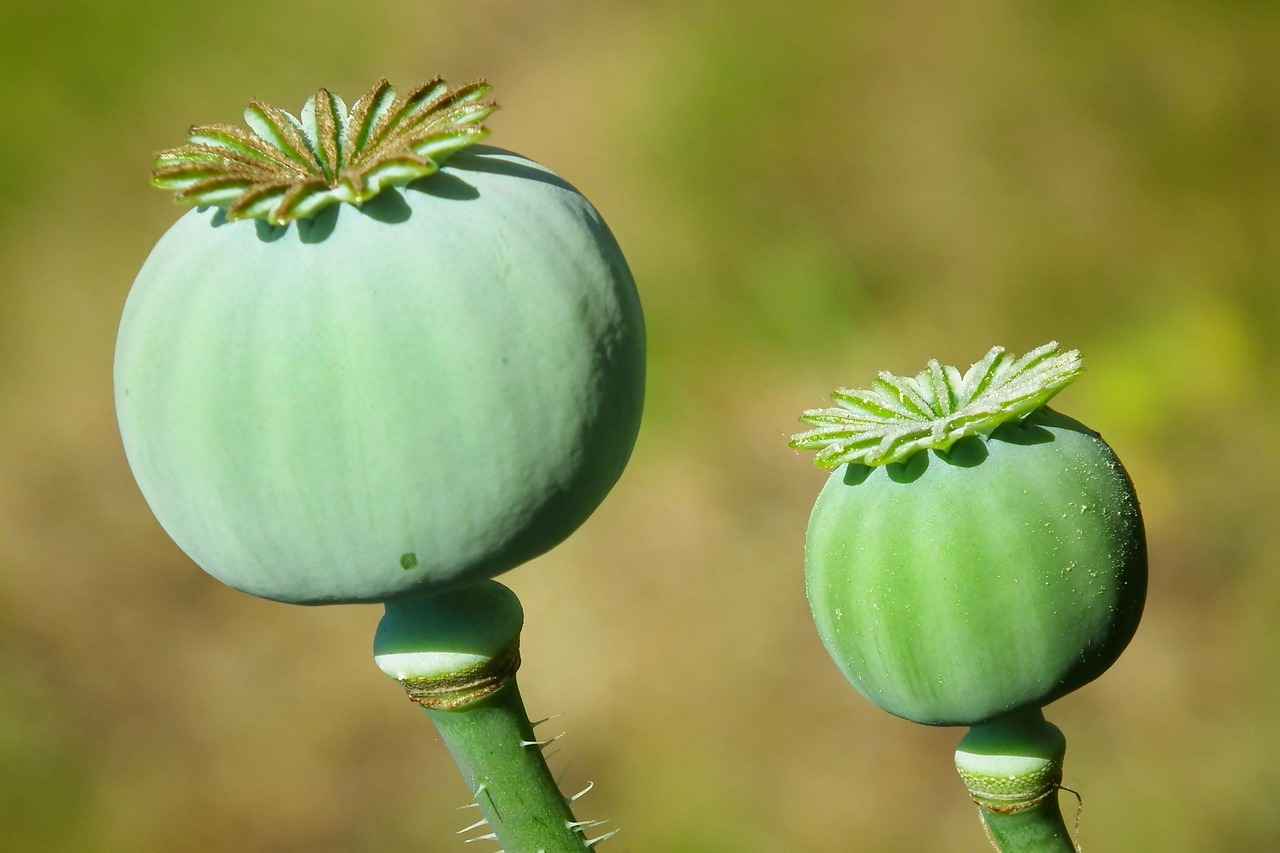
Local Grocery Stores for Chia Seeds
When it comes to purchasing chia seeds, local grocery stores are often a convenient option for many consumers. As health food trends continue to rise, an increasing number of supermarkets are dedicating sections specifically for health-conscious products, including chia seeds. This article provides insights into where you can find chia seeds in your local grocery stores, the benefits of buying them in-store, and tips for selecting the best products.
Shopping for chia seeds at your local grocery store can be a convenient and efficient way to incorporate these nutritious seeds into your diet. Unlike online shopping, where you may have to wait for delivery, purchasing in-store allows you to get your chia seeds immediately. Additionally, you can examine the packaging and check for freshness, ensuring you are getting a quality product.
Many major chain supermarkets now stock chia seeds in their health food aisles. Stores like Walmart, Kroger, and Safeway typically carry various brands and packaging sizes, making it easier for consumers to find what they need. When visiting these stores, look for the health food section, where chia seeds are often located alongside other nutritious products.
If you are looking for a broader variety of chia seeds, health food stores are an excellent option. These stores often carry organic chia seeds, which are free from pesticides and additives. Additionally, the staff at health food stores can provide valuable insights and recommendations based on your dietary needs. Stores like Whole Foods and Sprouts are great places to explore.
When shopping for chia seeds, consider the following factors to ensure you are making a wise purchase:
- Organic vs. Non-Organic: Organic chia seeds are typically more expensive but offer the benefit of being free from harmful chemicals.
- Packaging: Look for well-sealed packages that protect the seeds from moisture and light, which can degrade their quality.
- Expiration Dates: Always check the expiration date to ensure freshness. Chia seeds can last for a long time if stored properly, but it’s best to choose the most recent stock.
In addition to traditional grocery stores, consider visiting local co-ops or farmers’ markets. These venues often offer chia seeds sourced from local suppliers, promoting both sustainability and community support. Buying from these sources can also provide you with fresher options and the opportunity to ask questions directly to the sellers about their products.
Finding chia seeds at local grocery stores is not only straightforward but also beneficial for those looking to enhance their diets with this superfood. By exploring various options, from chain supermarkets to health food stores and local markets, you can easily incorporate chia seeds into your meals and enjoy their numerous health benefits.
Chain Supermarkets
When it comes to purchasing chia seeds, many consumers often wonder where to find them. One of the most accessible options is through major chain supermarkets, which typically carry these nutrient-packed seeds in their health food aisles. This article will delve deeper into the various aspects of finding chia seeds at your local supermarket, ensuring you make informed choices.
Chain supermarkets are a convenient choice for buying chia seeds due to their widespread availability and competitive pricing. These stores often stock a variety of brands, allowing customers to compare options easily. Additionally, purchasing from a local supermarket supports community businesses, which is beneficial for the local economy.
Finding chia seeds in a large supermarket can sometimes be a challenge. Here are some tips to help you:
- Check the Health Food Aisle: Most chain supermarkets have designated sections for health foods where chia seeds are typically located.
- Ask Store Employees: If you’re having trouble finding them, don’t hesitate to ask a staff member for assistance. They can guide you directly to the right aisle.
- Look for Different Packaging: Chia seeds may be sold in various forms, including whole seeds, ground seeds, or even in pre-packaged snacks. Be sure to check all options.
When purchasing chia seeds, it’s essential to consider several factors to ensure you select a quality product:
- Organic vs. Non-Organic: Organic chia seeds are generally free from pesticides and chemicals, making them a healthier choice.
- Expiration Dates: Always check the expiration date on the packaging to ensure freshness. Chia seeds can last a long time, but it’s best to buy the freshest available.
- Brand Reputation: Consider purchasing from well-known brands that have positive reviews, as this often indicates a commitment to quality.
Purchasing chia seeds from chain supermarkets offers numerous benefits:
- Convenience: With their extensive locations, you can easily find a supermarket near you.
- Immediate Availability: Unlike online shopping, which may involve waiting for shipping, buying in-store allows you to take your chia seeds home immediately.
- Promotions and Discounts: Many supermarkets run promotions or loyalty programs that can make purchasing chia seeds more economical.
While chain supermarkets are a great option, there are also alternative places to consider:
- Health Food Stores: These stores often carry a wider variety of chia seeds, including bulk options.
- Online Retailers: Websites like Amazon and health-focused online shops provide a vast selection and often have competitive prices.
- Farmers’ Markets: Local markets may offer fresh, locally sourced chia seeds, supporting local agriculture.
In conclusion, chain supermarkets are a reliable and convenient source for purchasing chia seeds. By knowing where to look and what to consider, you can ensure that you are getting a quality product that fits your dietary needs. Whether you choose to shop in-store or explore alternative options, incorporating chia seeds into your diet can be a beneficial decision for your health.
Health Food Stores
have become increasingly popular among health-conscious consumers seeking high-quality nutritional products. One of the standout items on their shelves is chia seeds, which are celebrated for their numerous health benefits. These stores often offer a broader selection of chia seeds compared to regular grocery stores, including various brands and organic options. This article delves into why health food stores are an excellent choice for purchasing chia seeds, along with tips for selecting the best products.
When it comes to purchasing chia seeds, health food stores provide unique advantages:
- Diverse Selection: Health food stores typically stock a wider variety of chia seeds, including organic, non-GMO, and specialty blends. This allows consumers to choose products that align with their dietary preferences and health goals.
- Knowledgeable Staff: The staff at health food stores are often well-informed about the products they sell. They can provide valuable insights on the best chia seed options available, including recommendations based on your specific needs.
- Quality Assurance: Many health food stores prioritize sourcing high-quality products. They often carry brands that adhere to strict quality control standards, ensuring that you are purchasing chia seeds that are fresh and nutrient-dense.
When shopping for chia seeds at health food stores, consider the following factors to ensure you choose the best product:
- Organic Certification: Opt for organic chia seeds to avoid pesticides and chemicals. Organic seeds are grown without synthetic fertilizers, making them a healthier choice.
- Packaging: Look for chia seeds in airtight packaging that protects them from moisture and light. Check for expiration dates to ensure freshness.
- Source Transparency: Reputable health food stores often provide information about where their chia seeds are sourced. Knowing the origin can assure you of their quality and sustainability.
Once you have purchased chia seeds, finding ways to include them in your diet is easy and delicious. Here are some practical suggestions:
- Chia Seed Pudding: Combine chia seeds with your choice of milk or yogurt, add sweeteners like honey or maple syrup, and let it sit overnight. This creates a nutritious breakfast or snack.
- Smoothies: Add a tablespoon of chia seeds to your favorite smoothie for an extra boost of fiber and protein.
- Baked Goods: Incorporate chia seeds into muffins, bread, or energy bars for added texture and nutrition.
Finding a local health food store is easier than ever. Use online maps or search engines to locate stores in your area. Additionally, many health food stores have websites where you can browse their inventory and even place orders online. This convenience is especially beneficial for those with busy lifestyles.
In conclusion, health food stores are a fantastic option for purchasing chia seeds due to their diverse selection, knowledgeable staff, and commitment to quality. By considering factors like organic certification and packaging, you can ensure that you are making a wise choice for your health. With various ways to incorporate chia seeds into your meals, you can easily enjoy their numerous health benefits.
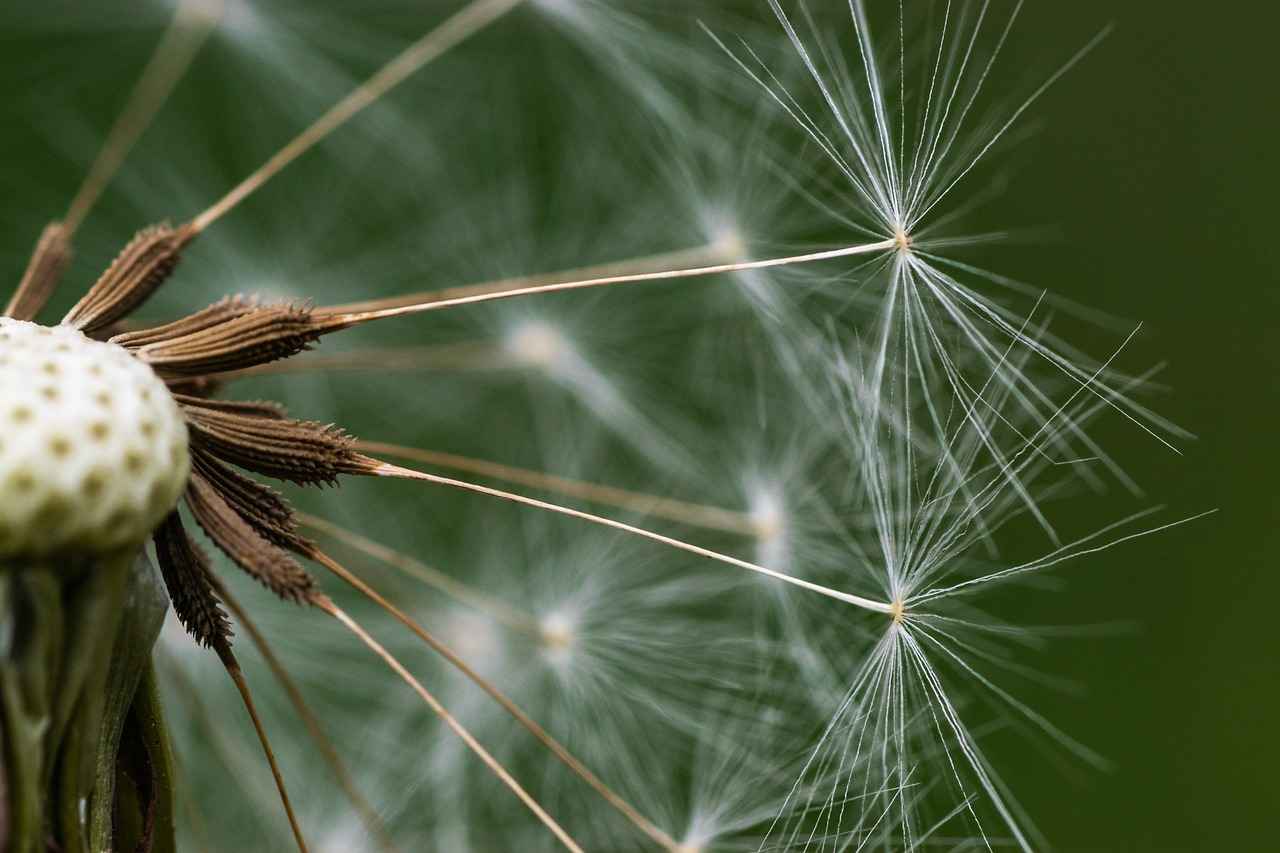
Buying Chia Seeds in Bulk
is an excellent choice for those who regularly incorporate these nutritious seeds into their diet. Not only does purchasing in larger quantities often lead to cost savings, but it also ensures that you have a steady supply on hand. Below, we will explore various options for buying chia seeds in bulk, both online and offline, to help you make informed decisions.
Shopping online for chia seeds in bulk offers convenience and a variety of options. Here are some popular platforms:
- Amazon: This platform features numerous sellers offering bulk chia seeds from various brands. You can compare prices and read reviews to ensure quality.
- Health Food Websites: Websites such as Thrive Market and Vitacost specialize in organic and health-focused products, often providing bulk options at competitive prices.
- Wholesale Websites: Sites like BulkFoods.com and Nuts.com cater specifically to bulk buyers, making it easy to purchase large quantities of chia seeds.
If you prefer to shop in person, there are several local options to consider:
- Warehouse Clubs: Membership-based stores like Costco and Sam’s Club frequently offer bulk chia seeds at discounted rates, perfect for families or frequent users.
- Local Co-ops: Many community co-ops sell bulk chia seeds sourced from local suppliers. This not only supports local businesses but also often guarantees fresher products.
- Farmers’ Markets: Visiting a farmers’ market can yield high-quality chia seeds, often sold in bulk. Engaging directly with farmers allows you to ask questions about their sourcing and practices.
There are several reasons why buying chia seeds in bulk is advantageous:
- Cost-Effectiveness: Bulk purchases typically reduce the price per unit, allowing you to save money over time.
- Convenience: Having a larger supply on hand means fewer trips to the store, making it easier to maintain your healthy eating habits.
- Reduced Packaging Waste: Buying in bulk can lead to less packaging waste, which is better for the environment.
When purchasing chia seeds in bulk, keep the following factors in mind:
- Quality and Freshness: Look for reputable brands that provide clear information about their sourcing and processing methods. Fresh seeds will have a longer shelf life and better nutritional value.
- Storage Requirements: Ensure you have appropriate storage options to keep your chia seeds fresh. Airtight containers in a cool, dry place are ideal.
- Organic vs. Non-Organic: Organic chia seeds are free from pesticides and chemicals, making them a healthier choice for many consumers. Consider your budget and health preferences when making this decision.
Once you have your bulk chia seeds, you might wonder how to effectively incorporate them into your meals:
- Chia Seed Puddings: These are easy to make and can be customized with various flavors and toppings.
- Smoothies and Baked Goods: Adding chia seeds to smoothies or baking them into bread and muffins can enhance the nutritional profile of your meals.
- Salads and Soups: Sprinkle chia seeds on salads or stir them into soups for added texture and nutrients.
In conclusion, buying chia seeds in bulk is a practical and economical choice for health-conscious consumers. By exploring both online and local options, you can find the best deals and ensure a steady supply of these super seeds for your dietary needs.
Warehouse Clubs
When it comes to purchasing chia seeds, like Costco and Sam’s Club stand out as excellent options for budget-conscious shoppers. These membership-based retailers frequently offer bulk packages of chia seeds at significantly reduced prices, making them particularly appealing for families or individuals who incorporate these nutritious seeds into their daily diet.
One of the primary advantages of buying from is the cost savings. Chia seeds can be relatively expensive when purchased in smaller quantities. However, by opting for bulk purchases, you can enjoy a lower price per ounce. This not only makes it easier to stock up on chia seeds but also encourages their regular use in various meals and snacks.
Additionally, often provide a variety of brands and packaging options. This means that you can choose from organic or non-organic chia seeds, depending on your dietary preferences. Many families appreciate the convenience of buying in larger quantities, as it reduces the frequency of trips to the store and ensures that they always have these nutrient-dense seeds on hand.
Moreover, purchasing chia seeds in bulk from warehouse clubs can lead to less packaging waste, aligning with eco-friendly practices. By buying larger quantities, you contribute to reducing the number of plastic containers that would otherwise be used for smaller packages. This aspect is increasingly important to consumers who are mindful of their environmental impact.
It’s also worth noting that warehouse clubs often have stringent quality control measures in place. This means that the chia seeds you purchase are likely to be fresh and of high quality. Many clubs offer their own brand of chia seeds, which can be a reliable and affordable option for members.
However, before making a purchase, it’s advisable to check the expiration dates and packaging conditions. Ensure that the seeds are stored in a cool, dry place within the warehouse club to maintain their freshness. Additionally, consider how quickly you will use the seeds; buying in bulk is a great option if you plan to incorporate them regularly into your meals.
In summary, like Costco and Sam’s Club provide an excellent opportunity for consumers looking to buy chia seeds in bulk at reduced prices. With the added benefits of variety, quality assurance, and potential cost savings, these clubs are a smart choice for families and health-conscious individuals alike. Whether you’re making chia seed puddings, adding them to smoothies, or using them in baking, purchasing in bulk can help you maintain a healthy and nutritious diet without breaking the bank.
Local Co-ops and Farmers’ Markets
When it comes to purchasing chia seeds, local co-ops and farmers’ markets present an attractive option for health-conscious consumers. These venues not only provide access to high-quality products but also foster community relationships and support local economies. By sourcing chia seeds from nearby suppliers, co-ops and farmers’ markets ensure that customers receive fresh, nutritious seeds while also contributing to sustainable farming practices.
Choosing to buy chia seeds from local co-ops and farmers’ markets offers several advantages:
- Freshness: Products sold at these venues are often fresher than those found in large supermarkets, as they typically have shorter supply chains.
- Quality Assurance: Local suppliers often prioritize organic farming methods, reducing the risk of pesticides and additives.
- Community Support: Purchasing from local businesses helps strengthen the local economy and promotes sustainable practices.
When visiting a local co-op or farmers’ market, you can expect a variety of chia seed options:
- Bulk Buying: Many co-ops offer chia seeds in bulk, allowing you to purchase the exact amount you need without excess packaging.
- Different Varieties: Some vendors may offer different types of chia seeds, such as black and white varieties, each with its unique flavor and nutritional profile.
- Expert Advice: Local farmers and co-op staff are often knowledgeable about their products and can provide recommendations on how to use chia seeds effectively in your diet.
Finding a co-op or farmers’ market near you is easier than ever. Here are some tips:
- Online Directories: Websites such as LocalHarvest.org can help you locate farmers’ markets and co-ops in your area.
- Social Media: Many local markets promote their offerings through social media platforms, making it easy to stay updated on what’s available.
- Community Boards: Local community centers or libraries often have bulletin boards with information about farmers’ markets and co-ops.
Purchasing chia seeds in bulk from local co-ops and farmers’ markets can be particularly beneficial:
- Cost-Effective: Buying in larger quantities often reduces the price per ounce, making it a budget-friendly option.
- Reduced Packaging Waste: Bulk buying minimizes packaging waste, aligning with eco-friendly practices.
By choosing to purchase chia seeds from local co-ops and farmers’ markets, you are actively supporting local agriculture. This choice contributes to the sustainability of local farms and encourages the growth of organic farming practices. Furthermore, local businesses often reinvest in their communities, creating a positive cycle of support and growth.
In summary, local co-ops and farmers’ markets offer a unique and beneficial way to purchase chia seeds. By opting for these sources, you not only ensure the quality and freshness of your chia seeds but also support local economies and sustainable agricultural practices.

What to Look For When Buying Chia Seeds?
When it comes to purchasing chia seeds, understanding the quality indicators is essential for ensuring that you select the best product available. With the increasing popularity of chia seeds, a variety of options flood the market, making it crucial to know what to look for when making a purchase. Below are key factors that can significantly influence your decision.
- Organic vs. Non-Organic: One of the first decisions you’ll face is whether to choose organic or non-organic chia seeds. Organic chia seeds are grown without the use of synthetic pesticides and fertilizers, making them a healthier choice for both you and the environment. Additionally, they often have a more robust flavor and nutritional profile.
- Source and Origin: The origin of chia seeds can affect their quality. Look for seeds that are sourced from reputable farms, particularly those in regions known for high-quality chia production, such as South America. This information is often available on the packaging or the seller’s website.
- Packaging and Freshness: Freshness is crucial for maintaining the nutritional value of chia seeds. Always choose products that are packaged in airtight containers to prevent moisture and air exposure. Check for clear expiration dates to ensure that you are purchasing fresh seeds. Ideally, opt for seeds that have been packaged recently.
- Color and Texture: Quality chia seeds should have a consistent color and texture. Look for seeds that are dark brown or black, as these are generally considered to be of higher quality. Avoid seeds that appear discolored or have an uneven texture, as these can indicate poor quality or age.
- Nutritional Information: Always review the nutritional information on the packaging. High-quality chia seeds should be rich in omega-3 fatty acids, fiber, protein, and various essential minerals. The nutritional profile can vary between brands, so it’s wise to compare before making a decision.
- Brand Reputation: Research the brand before making a purchase. Established brands that specialize in health foods often have a reputation for quality. Look for customer reviews and ratings to gauge the experiences of others who have purchased the same product.
In summary, when buying chia seeds, it’s important to consider factors such as whether they are organic, their source, packaging, color, nutritional information, and the reputation of the brand. By paying attention to these quality indicators, you can make an informed decision that aligns with your health goals and dietary preferences.
Organic vs. Non-Organic
When it comes to choosing chia seeds, one of the most significant decisions you will face is whether to opt for organic or non-organic varieties. This choice not only influences your health but also has broader implications for the environment. Understanding these differences can help you make an informed decision that aligns with your values and dietary needs.
Organic chia seeds are cultivated without the use of synthetic pesticides, herbicides, or fertilizers. This means that when you consume organic seeds, you are less likely to ingest harmful chemicals that can have adverse effects on your health. Additionally, organic farming practices tend to promote biodiversity and soil health, which can lead to a more nutrient-rich product.
On the other hand, non-organic chia seeds may be grown using methods that can be detrimental to the environment. The use of chemical fertilizers and pesticides can lead to soil degradation and water contamination, affecting local ecosystems. Furthermore, these practices often rely on monoculture farming, which diminishes biodiversity and can create food insecurity in the long run.
While both organic and non-organic chia seeds offer substantial nutritional benefits, many consumers report that organic seeds have a more robust flavor and texture. This can enhance your culinary experience, especially when using chia seeds in recipes like puddings or smoothies. Nutritionally, both types are rich in omega-3 fatty acids, fiber, and protein, but organic seeds may contain higher levels of certain antioxidants due to their natural growing conditions.
It’s essential to consider the cost when deciding between organic and non-organic chia seeds. Organic seeds often come with a higher price tag due to the more labor-intensive farming practices involved. However, many consumers feel that the health benefits and environmental sustainability of organic options justify the extra expense. If budget is a concern, consider purchasing in bulk or looking for sales to make organic seeds more affordable.
When shopping for chia seeds, look for certifications that indicate the product is organic. Certifications from reputable organizations ensure that the seeds meet specific standards for organic farming. This can provide peace of mind that you are making a safe and healthy choice. Be wary of products that make vague claims about being “natural” or “healthy” without proper certification.
Ultimately, the choice between organic and non-organic chia seeds depends on your personal preferences, health considerations, and environmental values. By understanding the differences in farming practices, health benefits, and environmental impacts, you can make a more informed decision that aligns with your lifestyle. Whether you choose organic or non-organic, incorporating chia seeds into your diet can provide numerous health benefits and enhance your meals.
Packaging and Freshness
are critical factors to consider when purchasing chia seeds. The quality and longevity of these tiny powerhouses depend significantly on how they are packaged and stored. Chia seeds, known for their impressive nutritional profile, can lose their beneficial properties if not handled properly.
When you are on the lookout for chia seeds, freshness should be your top priority. Look for products that come in well-sealed packaging. This is essential as exposure to air, moisture, and light can lead to the seeds becoming rancid or losing their nutritional value. Packaging that is opaque and airtight is ideal, as it helps to block out light and moisture, which are detrimental to the seeds’ freshness.
Another important aspect to check is the expiration date on the packaging. Always choose chia seeds with a clear and readable expiration date. This date indicates how long the seeds can maintain their quality and nutritional benefits. Fresh seeds not only taste better but also provide maximum health benefits, including omega-3 fatty acids, fiber, and protein.
It is also worth noting that chia seeds can absorb moisture from the air, which can lead to clumping or spoilage. Therefore, if you purchase seeds in bulk, consider transferring them to an airtight container immediately after opening. This will help to keep them fresh for a longer period. Glass jars or high-quality plastic containers with tight seals are excellent options for storing chia seeds.
- Check for signs of freshness: Before buying, inspect the seeds for any off smells or discoloration. Fresh chia seeds should have a neutral, nutty aroma.
- Consider the source: Purchase from reputable brands or retailers known for their quality products. This reduces the risk of receiving stale or improperly stored seeds.
- Buy in smaller quantities: If you’re unsure about how quickly you will use chia seeds, consider buying smaller packages to ensure that you consume them while they are still fresh.
In summary, paying attention to packaging and freshness is essential when selecting chia seeds. By ensuring that the seeds are well-packaged and within their expiration date, you can enjoy their full range of health benefits. Remember, quality chia seeds not only enhance your meals but also contribute positively to your overall well-being.
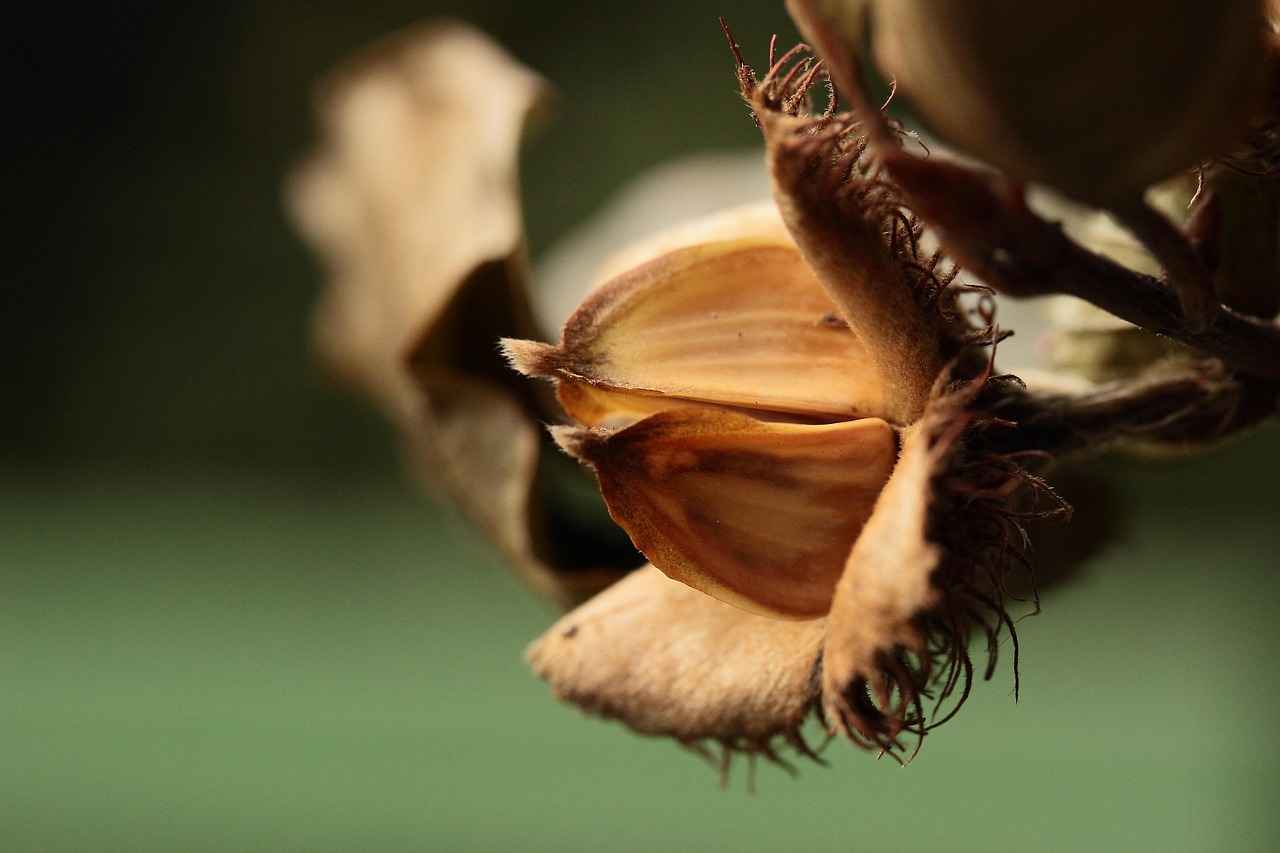
How to Store Chia Seeds After Purchase?
Chia seeds have gained immense popularity due to their numerous health benefits and versatility in various recipes. However, to fully enjoy their nutritional value, proper storage is essential. This section will delve into effective methods for keeping chia seeds fresh and nutritious.
Chia seeds are rich in omega-3 fatty acids, fiber, and various essential nutrients. However, if not stored correctly, they can lose their freshness and nutritional benefits. Oxidation, moisture, and exposure to light can lead to spoilage, which diminishes their quality. Therefore, understanding how to store chia seeds effectively is crucial for maintaining their health benefits and extending their shelf life.
- Cool, Dry Place: Store chia seeds in a cool, dry area away from direct sunlight. Ideal temperatures are between 50°F to 70°F (10°C to 21°C).
- Airtight Containers: Use airtight containers made of glass or high-quality plastic to prevent moisture from entering. This is vital for avoiding clumping and spoilage.
- Dark Environment: Keeping chia seeds in a dark place can further protect them from light exposure, which can accelerate degradation.
For those who purchase chia seeds in bulk, refrigeration can be a game-changer. Storing them in the refrigerator can significantly prolong their freshness, especially if you live in a warm climate. Here are some tips:
- Transfer chia seeds to an airtight container before placing them in the fridge to maintain their quality.
- Consider labeling the container with the purchase date to keep track of freshness.
If you want to keep chia seeds for an extended period, freezing is an excellent option. Here’s how to do it:
- Place chia seeds in a freezer-safe bag or container, ensuring it is airtight to prevent freezer burn.
- When ready to use, simply take out the desired amount and allow them to thaw at room temperature.
It’s essential to regularly check your chia seeds for any signs of spoilage. Here are some indicators:
- Off Odor: Fresh chia seeds have a neutral smell. If they emit a rancid or off-putting odor, it’s time to discard them.
- Change in Color: Chia seeds should have a consistent color. Any discoloration may indicate spoilage.
- Clumping: If chia seeds clump together, this may suggest moisture exposure, and they should not be consumed.
By following these storage tips, you can ensure that your chia seeds remain fresh and nutritious for longer periods. Proper storage not only preserves their health benefits but also enhances your culinary experience when incorporating them into your diet.
Optimal Storage Conditions
When it comes to maintaining the freshness and nutritional value of chia seeds, understanding is essential. These tiny seeds are packed with nutrients, but improper storage can lead to spoilage. Here’s how to ensure your chia seeds remain as fresh as possible.
Chia seeds are known for their high nutritional content, including omega-3 fatty acids, fiber, and protein. However, exposure to heat, light, and moisture can degrade these nutrients over time. Proper storage not only extends the shelf life of your seeds but also preserves their health benefits.
To maintain the freshness of chia seeds, it is crucial to store them in a cool, dry place. A pantry or a cupboard away from direct sunlight is ideal. Sunlight can cause the seeds to become rancid, diminishing their flavor and nutritional value.
Another key aspect of storage is the container used. Opt for airtight containers to keep moisture and air out. Glass jars with tight-fitting lids, vacuum-sealed bags, or specialized food storage containers work well. This helps prevent clumping and keeps the seeds dry.
If you buy chia seeds in bulk, consider refrigeration. While not necessary for smaller quantities, refrigeration can significantly extend the shelf life of your seeds. Keeping them in the fridge helps maintain their freshness, especially in warmer climates.
It’s essential to be aware of the signs that indicate your chia seeds may have gone bad. Look for:
- Off Smell: Fresh chia seeds have a mild, nutty aroma. A rancid smell indicates spoilage.
- Change in Color: Fresh seeds are usually dark brown or black. If they appear gray or have an unusual color, it may be time to discard them.
- Clumping: While chia seeds can absorb moisture and form a gel, excessive clumping can indicate that they have absorbed too much moisture and are no longer fresh.
When stored properly, chia seeds can last for up to two years. Always check the expiration date on the packaging before purchasing. Once opened, aim to consume them within six months for optimal freshness.
In summary, storing chia seeds correctly is vital for maintaining their nutritional benefits and ensuring they remain a healthy addition to your diet. By keeping them in a cool, dry place, using airtight containers, and considering refrigeration for bulk purchases, you can enjoy the health benefits of chia seeds for an extended period. Always be vigilant for signs of spoilage, and make informed storage choices to maximize the shelf life of these nutrient-dense seeds.
Refrigeration Benefits
When it comes to maintaining the freshness and nutritional quality of chia seeds, proper storage is essential. One effective method that many health enthusiasts overlook is refrigeration. This practice can significantly extend the shelf life of chia seeds, making it an excellent option for those who purchase them in bulk. Below, we explore the benefits of refrigerating chia seeds and provide tips for optimal storage.
Refrigerating chia seeds helps to prolong their freshness by slowing down the oxidation process. Chia seeds are rich in omega-3 fatty acids, which, while beneficial, can become rancid if exposed to heat, light, or moisture. By keeping them in the refrigerator, you can protect these healthy fats and ensure that your seeds remain nutritious for a longer period.
When stored properly in an airtight container, chia seeds can last up to two years in the refrigerator. This is particularly advantageous for those who buy in bulk, as it allows you to use your seeds over an extended period without compromising their quality. Always check for any signs of spoilage, such as an off smell or discoloration, before consumption.
- Airtight Containers: Store chia seeds in airtight glass or plastic containers to prevent moisture from entering.
- Cool Temperature: Keep your refrigerator at a consistent temperature, ideally below 40°F (4°C), to maintain the seeds’ quality.
- Labeling: If you have multiple containers, label them with the purchase date to keep track of freshness.
In addition to refrigeration, you might wonder if freezing chia seeds is a viable option. The answer is yes! Freezing chia seeds can further extend their shelf life, allowing you to store them for several years. Just like refrigeration, ensure they are in a sealed container to prevent freezer burn. When you’re ready to use them, simply thaw the seeds at room temperature.
Besides refrigeration, consider the following tips to keep your chia seeds fresh:
- Purchase Quality Seeds: Always buy from reputable sources to ensure you are getting high-quality chia seeds.
- Check Expiration Dates: Pay attention to expiration dates when purchasing, even if you plan to refrigerate them.
- Keep Away from Strong Odors: Store chia seeds away from strong-smelling foods in the refrigerator, as they can absorb odors.
In conclusion, refrigerating chia seeds is a simple yet effective way to maintain their freshness and nutritional value. By following these guidelines, you can enjoy the health benefits of chia seeds for an extended period, making them a valuable addition to your diet.
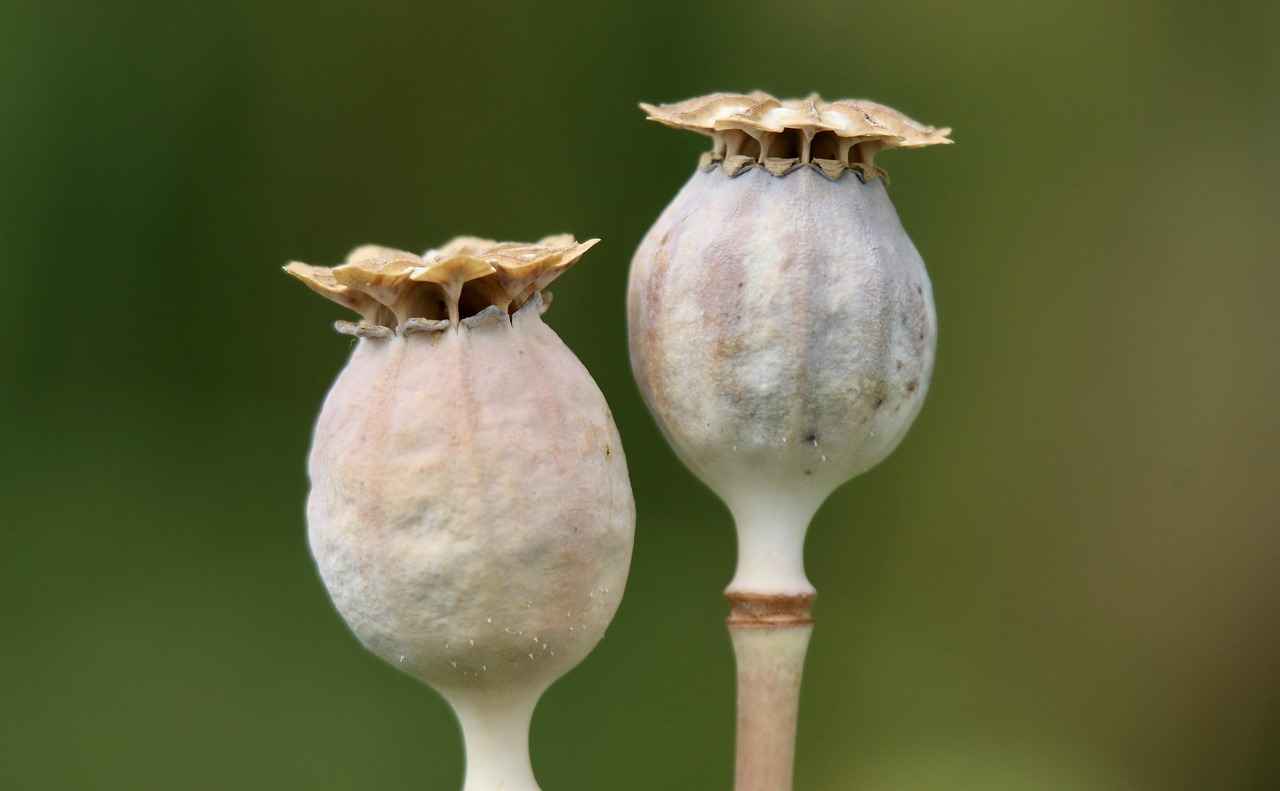
How to Incorporate Chia Seeds into Your Diet?
Chia seeds are a nutrient-dense superfood that can easily be incorporated into your daily meals. These tiny seeds are rich in omega-3 fatty acids, fiber, protein, and various essential minerals. If you’re looking to boost your diet with this versatile ingredient, here are some creative and delicious ways to include chia seeds in your meals every day.
Chia seed puddings are a fantastic way to start your day. They are incredibly simple to make and can be customized to suit your taste preferences. To prepare, mix 1/4 cup of chia seeds with 1 cup of your favorite milk (dairy or non-dairy) and let it sit for a few hours or overnight. The seeds will absorb the liquid and create a thick, creamy texture.
- Flavor Options: Add vanilla extract, cocoa powder, or sweeteners like honey or maple syrup.
- Toppings: Top with fresh fruits, nuts, or granola for added flavor and crunch.
Another easy way to enjoy chia seeds is by adding them to your smoothies. They blend seamlessly and provide a nutritious boost without altering the flavor.
- Recipe Idea: Blend together 1 banana, 1 cup of spinach, 1 tablespoon of chia seeds, and 1 cup of almond milk for a refreshing green smoothie.
- Texture Enhancement: Chia seeds can also give your smoothies a thicker consistency, making them more satisfying.
Chia seeds can be a great addition to your baked goods. They can be used in various recipes, from muffins to bread, enhancing both nutrition and texture.
- Egg Substitute: Mix 1 tablespoon of chia seeds with 3 tablespoons of water and let it sit for 15 minutes to create a gel-like substance that can replace eggs in vegan baking.
- Nutty Flavor: Incorporating chia seeds into your favorite recipes adds a subtle nutty flavor that complements many ingredients.
Chia seeds can also be sprinkled on salads for added texture and nutrition. They can absorb liquids, making them a great addition to dressings.
- Salad Dressing: Create a simple dressing by mixing olive oil, vinegar, and 1 tablespoon of chia seeds. Let it sit for a few minutes before tossing it with your salad.
- Crunch Factor: Sprinkle chia seeds directly onto salads for a delightful crunch and an extra boost of fiber.
For a quick snack, consider making homemade energy bars using chia seeds. They are easy to prepare and can be tailored to your taste.
- Ingredients: Combine 1 cup of oats, 1/4 cup of honey, 1/4 cup of nut butter, and 2 tablespoons of chia seeds. Press into a pan and refrigerate until firm.
- Customizable: Feel free to add nuts, dried fruits, or chocolate chips to create your ideal energy bar.
Incorporating chia seeds into your diet is not only simple but also incredibly rewarding. With their numerous health benefits and versatility in recipes, chia seeds can easily become a staple in your kitchen. Whether you enjoy them in puddings, smoothies, or baked goods, these tiny seeds pack a powerful punch of nutrition.
Chia Seed Puddings
have gained immense popularity as a nutritious breakfast option, thanks to their ease of preparation and versatility. These delightful puddings are not only delicious but also packed with essential nutrients, making them an ideal choice for anyone seeking a healthy start to their day.
Chia seed puddings are made by soaking chia seeds in liquid, typically milk or a dairy-free alternative, allowing them to absorb the liquid and swell. This process creates a gel-like texture, transforming the tiny seeds into a delectable pudding. The simplicity of this dish lies in its ability to be customized with various flavors and ingredients.
- Health Benefits: Chia seeds are a powerhouse of nutrients, rich in omega-3 fatty acids, fiber, protein, and various vitamins and minerals.
- Easy to Prepare: The basic recipe requires minimal ingredients and can be made in just a few minutes, making it a perfect option for busy mornings.
- Customizable: You can easily tailor the flavor profile of your chia seed pudding by adding fruits, spices, or sweeteners, allowing for endless variations.
Creating your own chia seed pudding is a straightforward process. Here’s a simple recipe to get you started:
Ingredients:- 1/4 cup chia seeds- 1 cup milk (or dairy-free alternative)- 1-2 tablespoons sweetener (honey, maple syrup, or agave)- 1/2 teaspoon vanilla extract (optional)- Fresh fruits, nuts, or spices for toppingInstructions:1. In a bowl, combine chia seeds, milk, sweetener, and vanilla extract.2. Stir well to prevent clumping.3. Cover and refrigerate for at least 2 hours, or overnight for best results.4. Before serving, stir again and top with your favorite fruits and nuts.
The beauty of chia seed puddings lies in their adaptability. Here are some popular flavor combinations to try:
- Chocolate Chia Pudding: Add cocoa powder or melted dark chocolate for a rich, indulgent treat.
- Berry Bliss: Incorporate blended or whole berries for a refreshing and fruity pudding.
- Coconut Delight: Use coconut milk and top with shredded coconut for a tropical twist.
- Spiced Pumpkin: Mix in pumpkin puree and spices like cinnamon and nutmeg for a seasonal favorite.
In addition to being a tasty breakfast option, chia seed puddings offer numerous health benefits:
- High in Fiber: Chia seeds are an excellent source of dietary fiber, promoting digestive health and keeping you feeling full longer.
- Rich in Antioxidants: These tiny seeds are packed with antioxidants that help combat oxidative stress in the body.
- Supports Heart Health: The omega-3 fatty acids found in chia seeds contribute to cardiovascular health by reducing inflammation and improving cholesterol levels.
In conclusion, chia seed puddings are not only a nutritious breakfast option but also a versatile dish that can be tailored to suit individual tastes. With a myriad of flavor combinations and health benefits, they are an excellent addition to any diet. Whether you enjoy them as a quick breakfast, a snack, or even a dessert, chia seed puddings are sure to satisfy your cravings while nourishing your body.
Adding to Smoothies and Baked Goods
Incorporating chia seeds into your diet is a fantastic way to boost your nutrition without altering the flavor of your meals. These tiny seeds are not only rich in omega-3 fatty acids, fiber, and protein, but they also offer a unique texture that can enhance a variety of dishes. Here are some creative ways to add chia seeds to your smoothies and baked goods.
Chia seeds can be easily blended into smoothies, providing a nutritional punch. They absorb liquid and expand, creating a thicker texture that can make your smoothie more filling. Here are some tips:
- Pre-soak the Seeds: Soaking chia seeds in water or your favorite milk for about 30 minutes before adding them to your smoothie can enhance their digestibility and texture.
- Combine with Fruits: Pair chia seeds with fruits like bananas, berries, or mangoes. The seeds will complement the natural sweetness and add a delightful crunch.
- Experiment with Flavors: Add spices like cinnamon or vanilla extract to your smoothie. Chia seeds will absorb these flavors, creating a more delicious drink.
Chia seeds can also be seamlessly integrated into baked goods, enhancing both nutrition and texture. Here’s how:
- Substitute for Eggs: Chia seeds can act as a binding agent in recipes. To replace one egg, mix one tablespoon of chia seeds with three tablespoons of water and let it sit until it forms a gel-like consistency.
- Boost Nutritional Value: Incorporating chia seeds into muffins, breads, or pancakes can significantly increase their fiber and protein content, making them a healthier option.
- Texture and Crunch: Adding whole chia seeds to your batter can provide a pleasant crunch. They can be sprinkled on top of baked goods for added texture and visual appeal.
Here are some simple recipes that highlight the versatility of chia seeds:
1. **Chia Seed Smoothie Recipe:** - 1 cup almond milk - 1 banana - 1 tablespoon chia seeds (pre-soaked) - 1 cup spinach - Blend until smooth and enjoy!2. **Chia Seed Muffins:** - 1 cup flour - 1/2 cup sugar - 1 tablespoon chia seeds - 1 cup milk - Combine ingredients and bake at 350°F for 20 minutes.
By incorporating chia seeds into your smoothies and baked goods, you not only enhance the nutritional profile of your meals but also enjoy the unique texture they provide. Their versatility makes them an essential ingredient for those looking to improve their diet while enjoying delicious food.
Frequently Asked Questions
- What are chia seeds?
Chia seeds are tiny, nutrient-rich seeds derived from the Salvia hispanica plant. They are packed with omega-3 fatty acids, fiber, and protein, making them a popular superfood.
- Where can I buy chia seeds?
You can purchase chia seeds both online and in local grocery stores. Popular online retailers include Amazon and specialty health food websites, while chain supermarkets and health food stores often carry them in their health food sections.
- Are there organic options for chia seeds?
Yes! Many retailers offer organic chia seeds, which are grown without pesticides and additives. Choosing organic can provide additional health benefits and support sustainable farming practices.
- How should I store chia seeds?
To keep chia seeds fresh, store them in a cool, dry place in an airtight container. Refrigeration is also a great option, especially if you’ve bought them in bulk.
- How can I incorporate chia seeds into my diet?
Chia seeds are incredibly versatile! You can add them to smoothies, baked goods, or make delicious chia seed puddings. Their neutral flavor makes them easy to include in various recipes.
